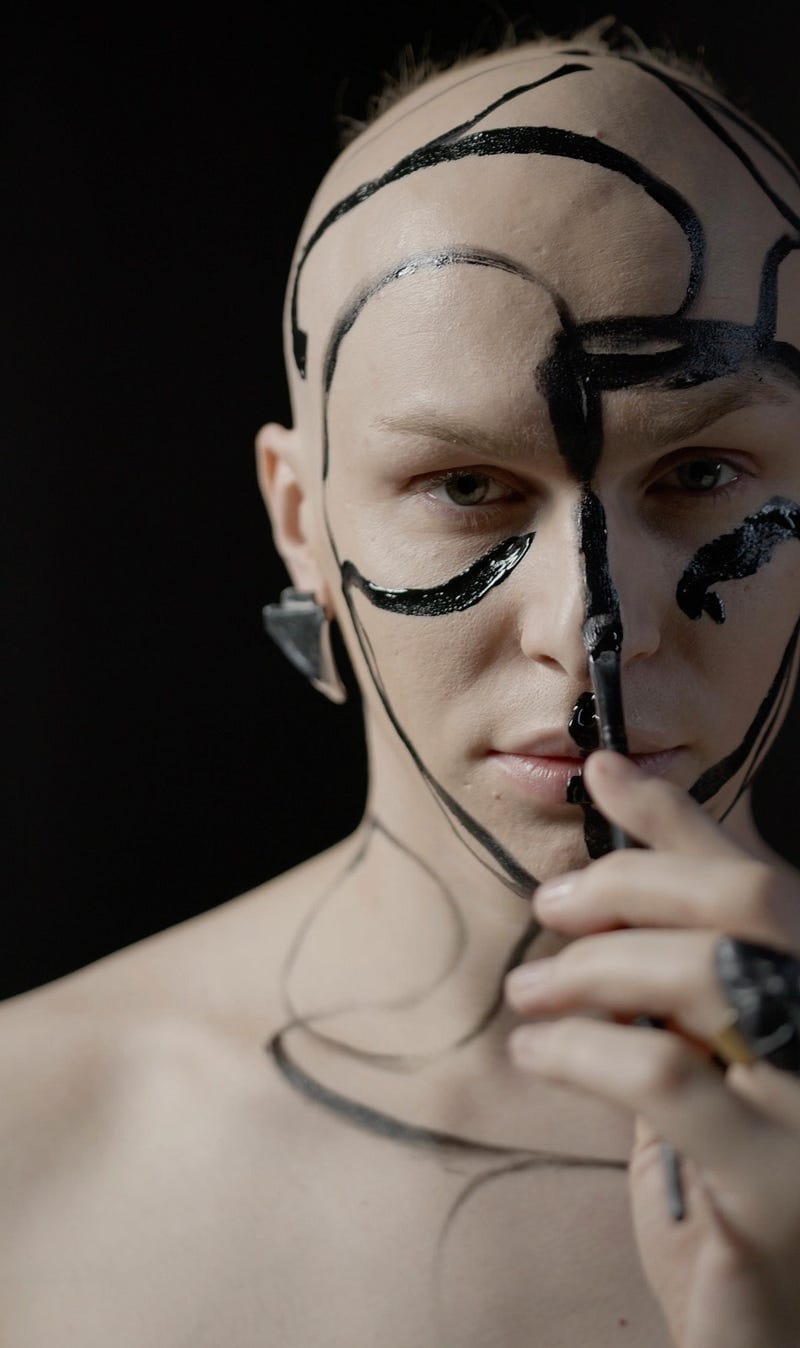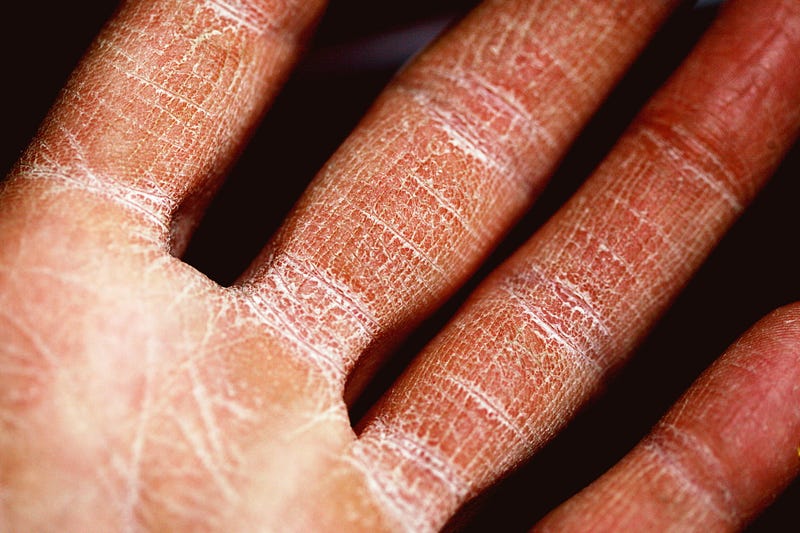101 Things That Can Be Different In the Future: #6 Skin
Are you ready for a world in which you can change your skin?

We give the first impression by our looks. When we meet someone new, it takes only milliseconds, until our counterpart has a set impression of us. Besides our style, our hair, our clothes, our skin is one of the major players in that game.
And as “a leopard cannot change its spots” we are in our surrounding layer our life long.
Besides this part of our looks, our skin also represents the biggest organ in the human body. Its function is not only to look pretty, but it is also to protect our inner parts from being wounded or damaged.
So we got to take care of our skin, and it seems obvious that skincare is almost as old as humanity.
In ancient Egypt, skincare was a big deal. There are various recipes and formulas passed down, which were used to enhance the natural beauty of the skin and reverse the aging processes. Everybody who read about ancient Egypt knows the story of Cleopatra bathing in donkey milk to keep her skin soft and young.
In the centuries to come there were other topics dominant than skincare. Only in the 11th century-old scripts from ancient Roman doctors were recovered, and hence these were the basis for the skincare until the Renaissance times.
But it would take until the 18th century that skincare was first seen as more than beauty enhancing. The more scientists learned about the human body, the more it became clear, that taking care of the biggest organ is mandatory in a full and healthy life.
Now 200 years later the global skin care products market was valued at USD 130 billion in 2021. Forecasters assume that the current growth rate of over 4.6% will remain and the market will sum up to 196 billion USD in 2030. (To get a feeling for those numbers: Tissue and hygiene paper market 43.57 billion)

60% of this market is still the traditional female market. But there are signals of change on the horizon. Back in 2019, the company faculty was founded.

And it is the men's segment that has the highest growth predictions, although analysts still think that the female segment in skin care will be the dominant one throughout the next decade.
(Which is interesting from a cultural perspective isn’t it? Somehow, still, we have in our heads that only women should enhance their natural beauty with products, or vice versa need to do so. But this is a topic for another story.)

All this is happening on the surface of the skin. But what about going under the skin?
Just recently a scientific breakthrough in the research on artificial skin was reported by a group of Austrian researchers. They were able to produce, via a chemical vapor deposition process combined with other deposition processes, a “smart” skin with included sensors. This skin is able to “feel” pressure, temperature, and humidity at the same time, just like human skin.
The scientist sees possible applications in a prosthesis, which could be able to “feel” with the smart skin or also robotic.
Imagine, humanoid robots have a skin that can feel. But since it cannot feel pain or pleasure but only raw data, maybe we should not make too much out of it. But since those emotions could be programmed into humanoids, also this could lead to a completely new generation of humanoid robots.
The third field of application is the scan for microorganisms. Since the smart skin can detect smaller objects than the human skin, it could be used in healthcare to report such organisms directly to a system.

In April the UK-based Babraham Institute announced that they successfully reprogrammed human skin cells, rejuvenating the same by 30years. Though this research is still in baby shoes the mid to long-term applications are tremendous.
This research is the first step into not only stopping aging but reversing that process, at least for the skin. But when cell reprogramming will be fully understood, skin cells will not be the only ones that are programmed.
So where does that leave us? Longevity, a clear goal of the transhumanist movement, seems to be just a step away.
Will wrinkles be for heroes or for outsiders in the future? Will clothes be made out of artificial skin?
Next time you look in the mirror and worry about those little wrinkles around your eyes, maybe ask yourself:
Are you ready for a world in which you can change your skin?
This article is part of the series 101 Things that can be different in the future. If you are interested in any specific topic or have other signals to show please comment or reach out to me
If you are not already a member of Medium, you should become one! If you use the link below, your membership fee directly supports me and other writers you read. You’ll also get full access to every story on Medium.

Signals and Sources:






